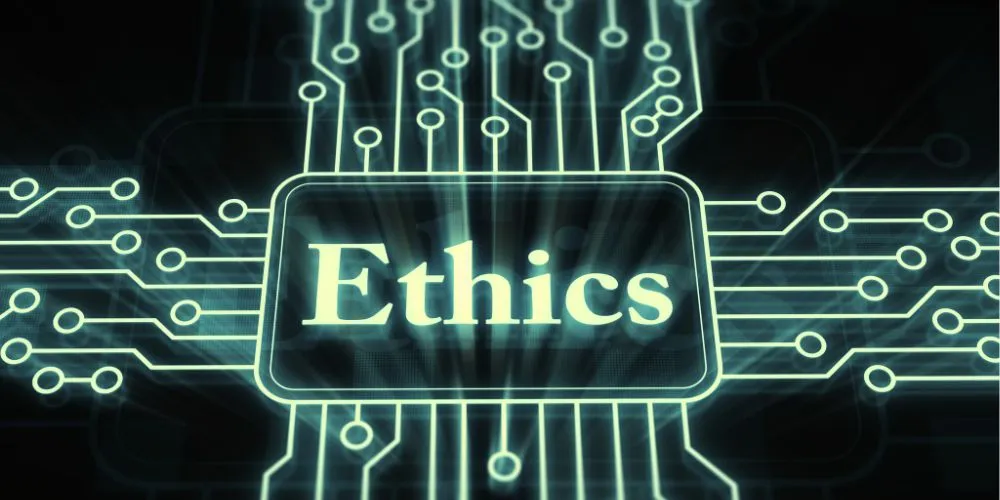In our interconnected world, where technology is woven into the fabric of daily life, the ethical implications of our digital interactions have come to the forefront. Digital ethics, a branch of ethics that examines the ethical challenges and dilemmas in the digital realm, is a critical compass guiding our journey through the evolving landscape of technology. As innovations such as artificial intelligence, data analytics, and automation shape our digital footprint, the need for a robust digital ethics framework becomes more pronounced.
Safeguarding the Digital Self
One central tenet of digital ethics revolves around data privacy—protecting personal information in an era of unprecedented data collection. Individuals willingly or unknowingly contribute vast amounts of data through online activities. It calls for transparent data practices, informed consent, and stringent measures to ensure user data is not exploited or misused. Balancing the benefits of data-driven technologies with the imperative to protect individual privacy is at the core of ethical considerations in the digital age.
Mitigating Bias in Automation
As algorithms increasingly influence decision-making processes, algorithmic fairness and transparency concerns have come to the forefront of digital ethics. Algorithms can inadvertently perpetuate biases in training data, leading to unfair outcomes. Digital ethics demands developing and deploying algorithms that prioritize fairness, accountability, and transparency. Addressing biases in algorithms becomes an ethical imperative to ensure equitable treatment across diverse user groups.
Fortifying the Digital Frontier
The ethical dimension of cybersecurity is a crucial aspect of digital ethics. As cyber threats evolve in sophistication and scale, the ethical responsibility to safeguard digital infrastructure becomes paramount. Digital ethics advocates for robust cybersecurity practices that protect against unauthorized access, data breaches, and malicious activities. Ensuring the security of digital systems is not only a matter of technological prowess but also an ethical commitment to safeguarding individuals, organizations, and societies.
Bridging the Digital Divide
Digital ethics extends beyond technological considerations to encompass issues of accessibility and digital inclusion. As technology becomes increasingly integral to societal functions, ethical considerations call for efforts to bridge the digital divide. Ensuring equitable access to digital resources, connectivity, and education is an ethical imperative that prevents the marginalization of certain groups and promotes social cohesion.
Conclusion
Navigating the ethical horizon of the digital era is an ongoing and multifaceted challenge. Digital ethics serves as a moral compass, guiding the development and deployment of technologies in ways that prioritize individual rights, fairness, security, and inclusion. As we continue to innovate and integrate technology into every aspect of our lives, the ethical considerations embedded in digital ethics become instrumental in shaping a digital future that is not only technologically advanced but also ethically sound and socially responsible.







